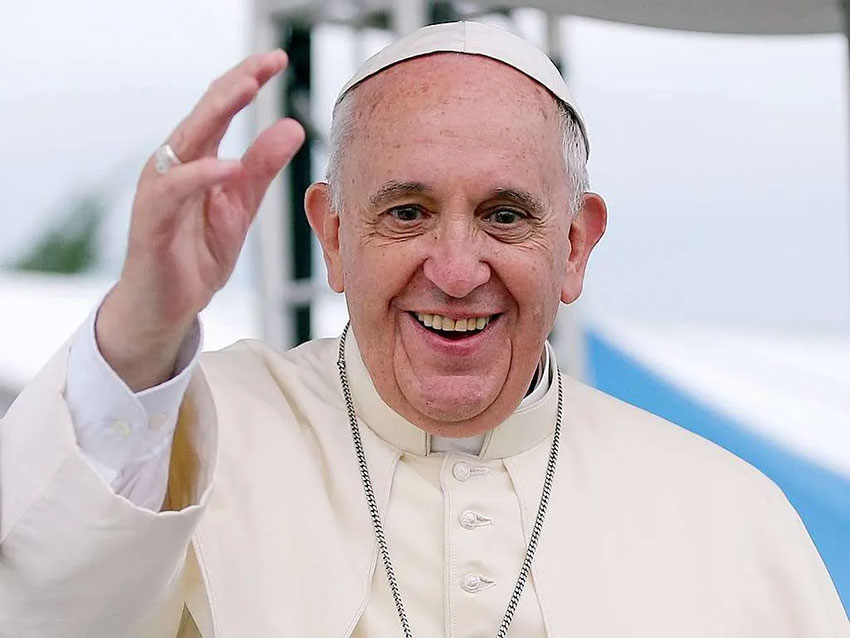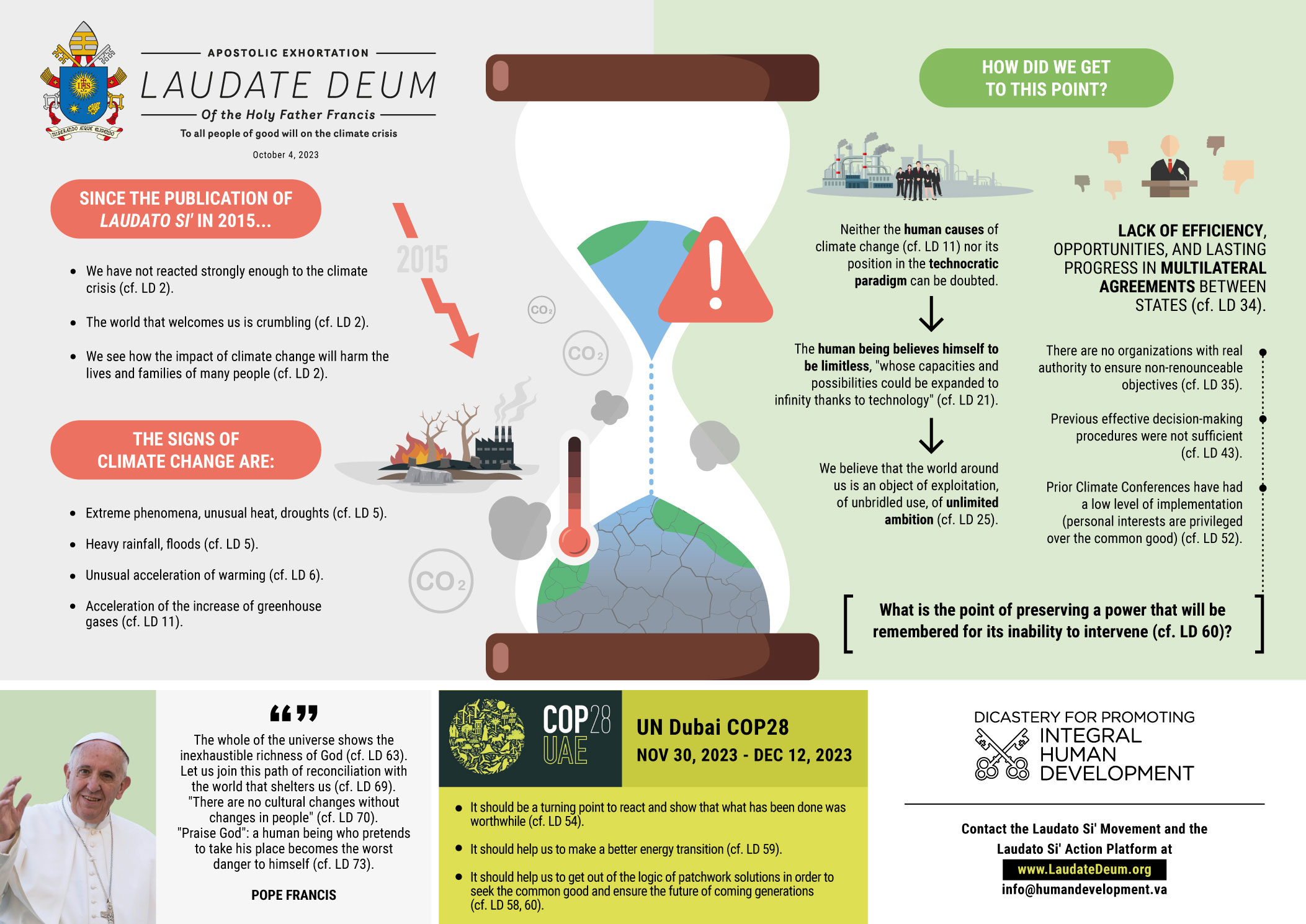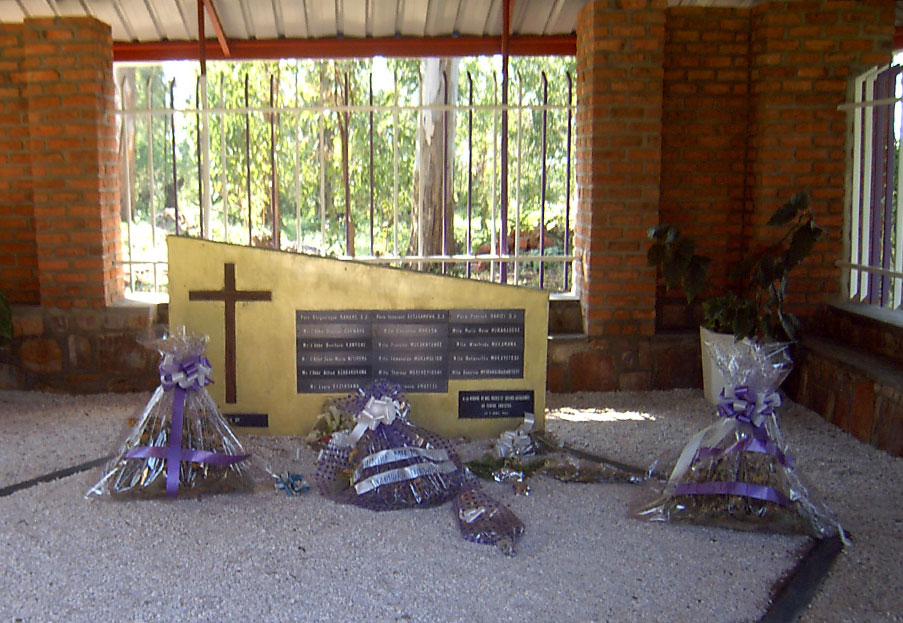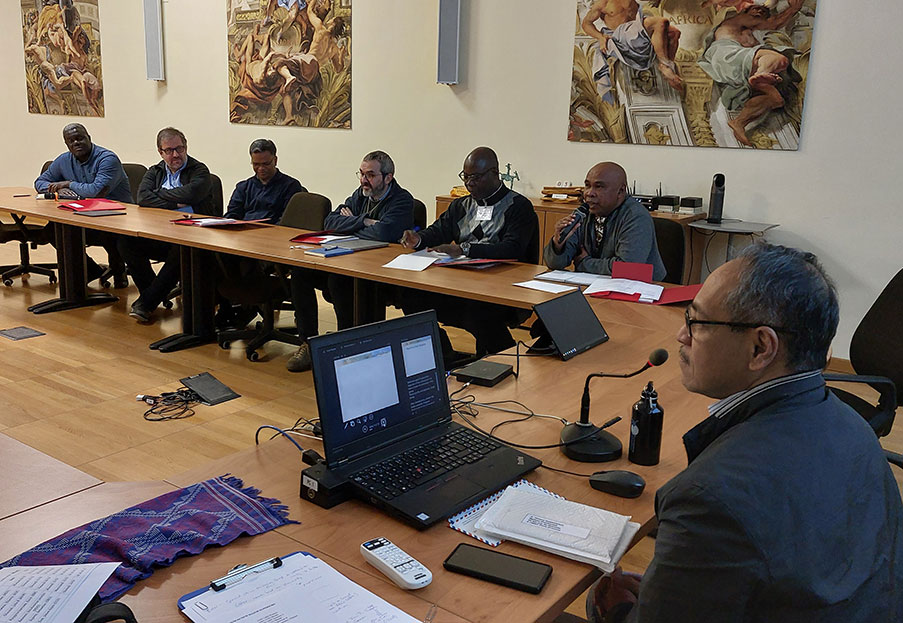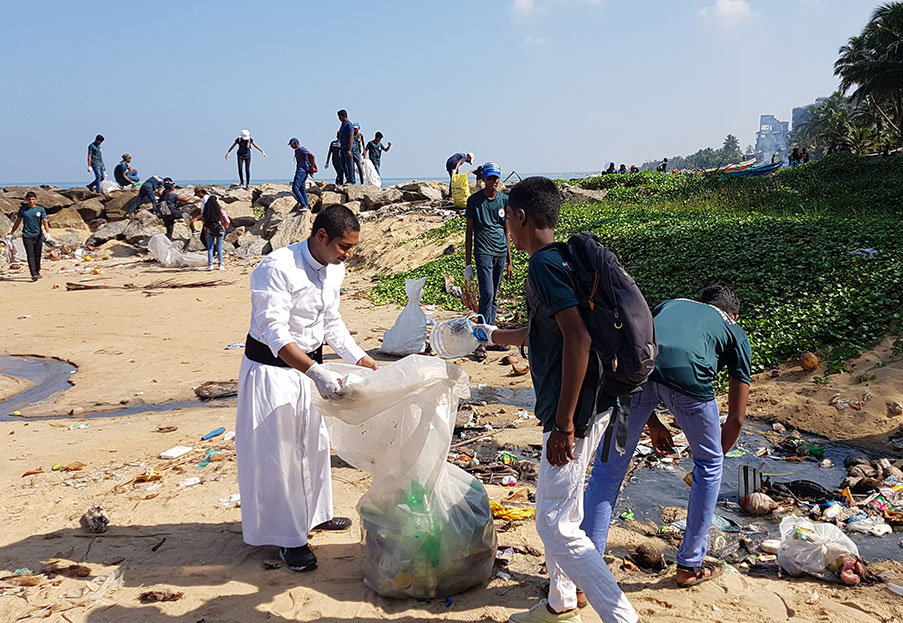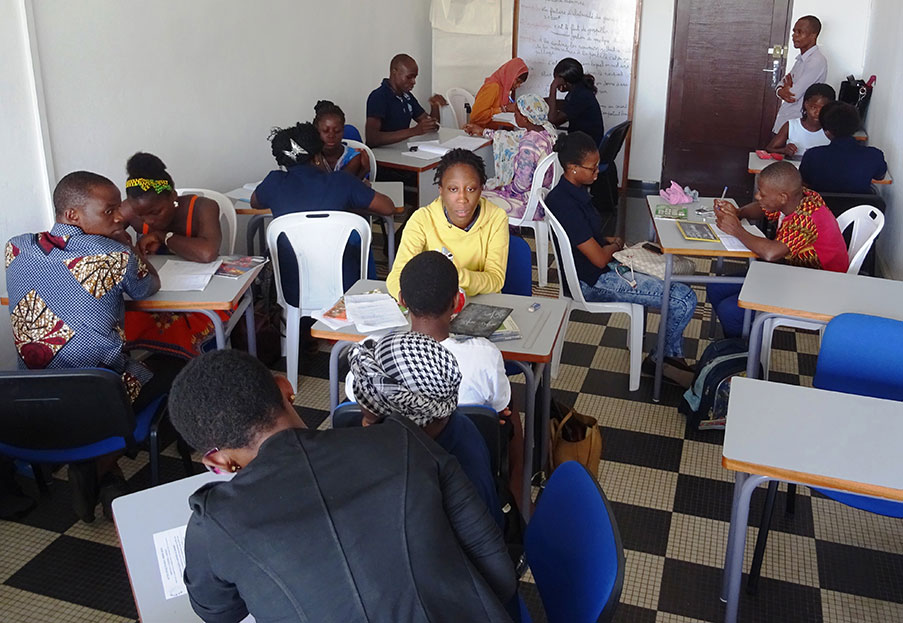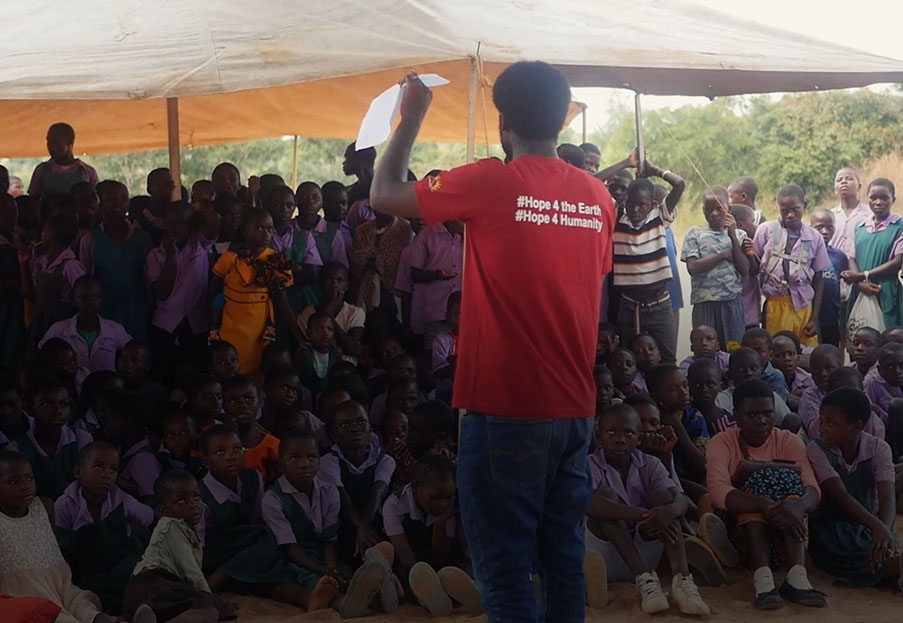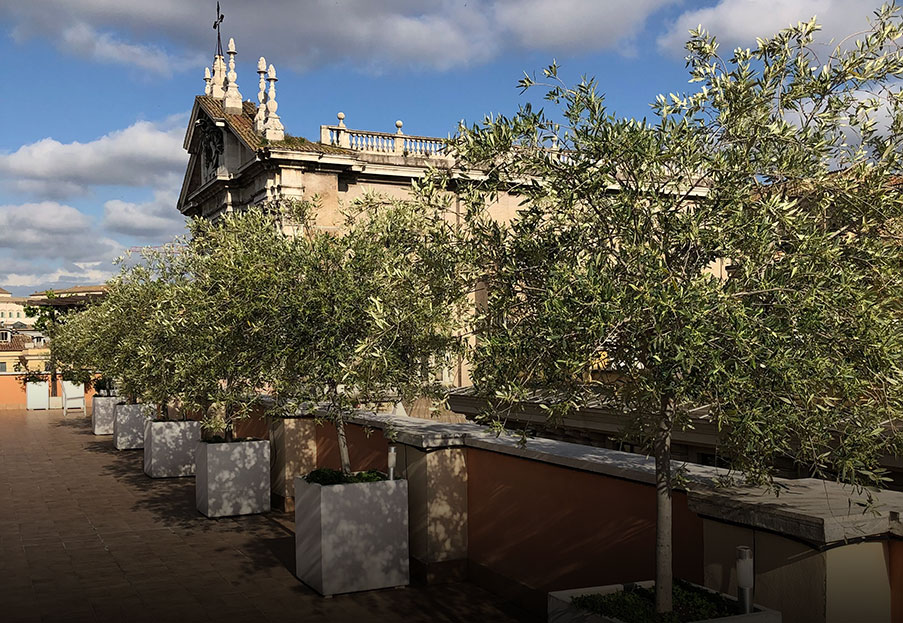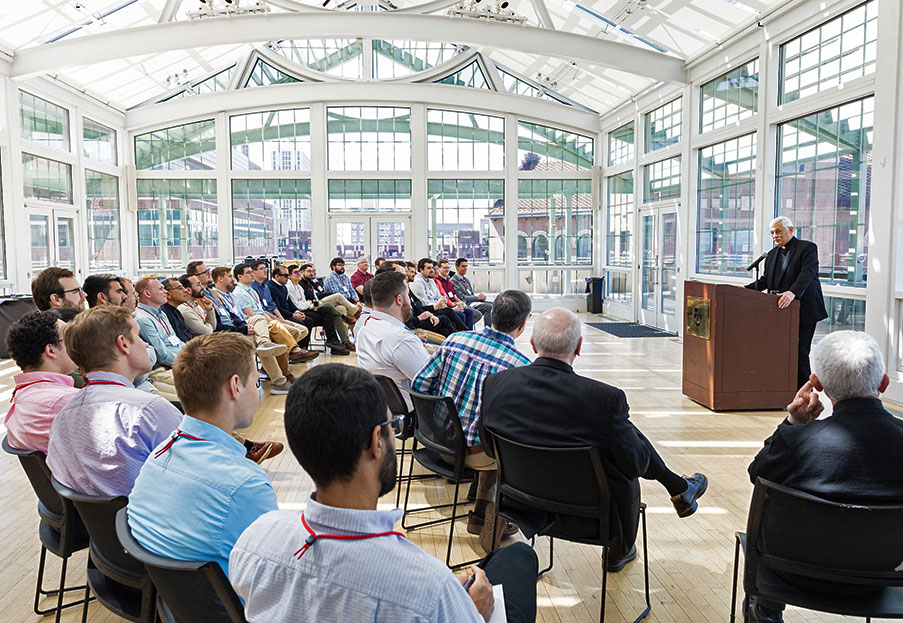Ecological Work at Mwangaza Jesuit Spirituality Centre
On the occasion of the release of Pope Francis’ apostolic exhortation Laudate Deum, we are publishing a series of articles highlighting some ecological initiatives of the Society of Jesus. Today we offer a testimony from a spiritual centre in Kenya.
By Oscar Momanyi, SJ
Over the years, Mwangaza
Jesuit Spirituality Centre in Nairobi, Kenya, has championed an
ecologically friendly spirituality. The property is covered with indigenous
trees, fruit trees, shrubs of many kinds, and flowers. Colobus monkeys, a great
variety of birds, tree hyraxes, rabbits, squirrels, snakes, and dik-diks can all
be found in the Mwangaza ecosystem. Different types of trees and flowers are
also part of the flora of this garden of Eden. The beauty of the place makes it
a natural setting for retreats.
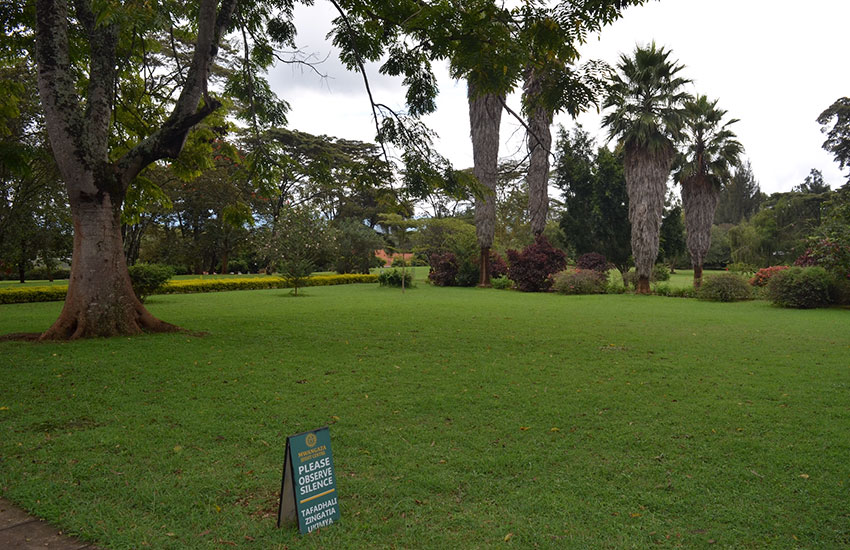
While on retreat, the retreatants can use the Way of the Cross in a natural setting surrounded by different species of trees. There is also a labyrinth, out in the open grounds, where people can walk peacefully in a natural setting as they pray. Additionally, there is a two-kilometer pathway that allows the retreatants to walk leisurely, pray, and relax in the beauty of nature. Such a quiet and natural setting at Mwangaza has for years created a conducive environment for prayer for many people.
Apart from offering
traditional retreats, Mwangaza has in its programs several intentional
activities that aim at promoting the care for our common home in the spirit of
Pope Francis’ Laudato si’ On the Care for Our Common Home. The annual Laudato
si’ workshop is a case in point. For three years (2020-2023) over 50 people
have attended this workshop and they have taken the message of Laudato si’
back to their communities.
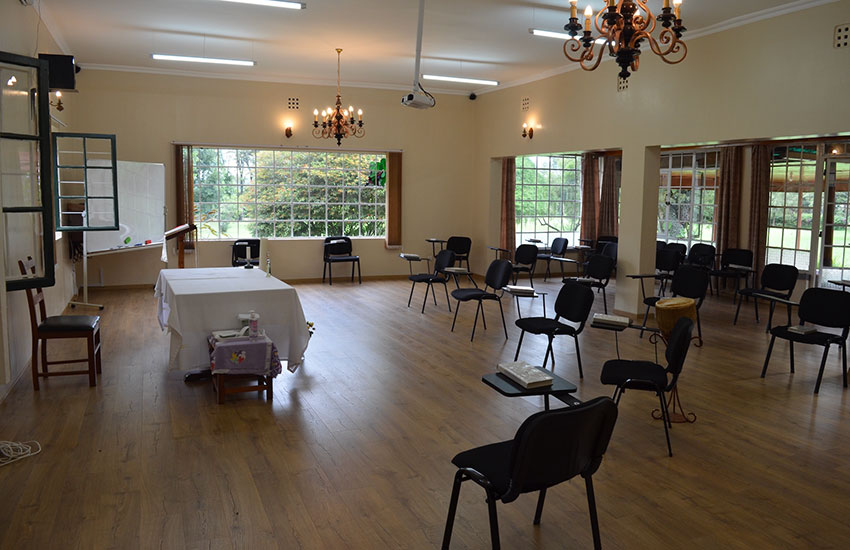
These workshops are facilitated by Mwangaza in collaboration with a group of young men and women who are inspired by the spirituality of St Ignatius. They are known as the Catholic Youth Network for Environmental Sustainability in Africa (CYNESA). This organization seeks to disseminate the message of environmental protection to all parts of Africa.
In addition to the above workshops, Mwangaza has also offered, over the years, several Saturday Days of Prayer or Days of Recollection based on the themes in Laudato si’. These Saturday Days of Prayer are popular with people around Nairobi. There is a large number of participants and this highlights how important environmental issues are for them and for the area. One of the Saturday Days of Prayer on the care for our common home was dedicated to introducing people to St Ignatius’ “Contemplation to Attain Divine Love”.
Furthermore, the
traditional retreats given at Mwangaza endeavor to link spirituality to
ecological issues. Most of the spiritual guides encourage retreatants to
reflect on their contribution to the care for our common home.
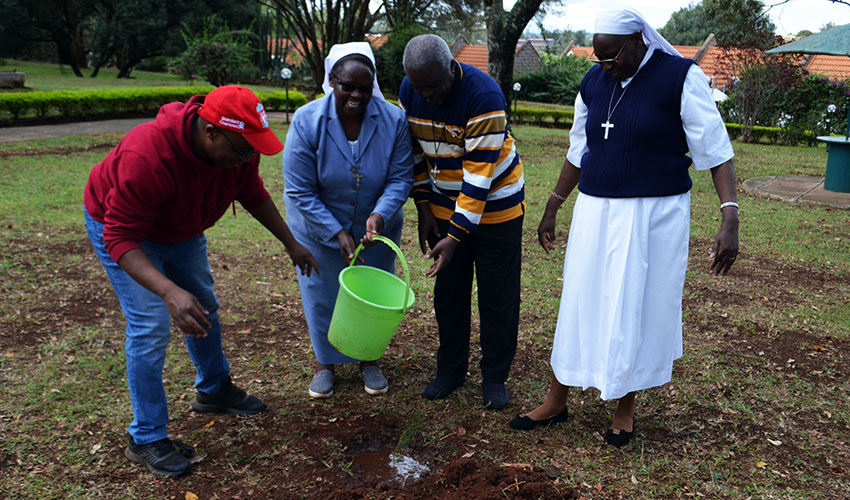
Apart from its regular spirituality programs, Mwangaza is also engaged in sustainable farming. The Centre produces its vegetables and fruits for most of the year. The farming done at Mwangaza is using manure from farm animals and compost. Organic chicken farming is also part of the project and this provides manure, eggs, and meat for the Centre. And beekeeping is another component of Mwangaza’s ecological projects. All in all, the farm also offers a healthy ecosystem that helps people pray with nature.
The Centre, together with its Jesuit community, has turned to the use of solar power in the past few years. This solar project is aimed at reducing the cost of electricity for the centre. Since solar energy produces zero-emission electricity, the project is helping reduce the amount of carbon in the atmosphere.
With all the above
initiatives, we, at Mwangaza, look to the future with the hope that we can keep
the ecological fire burning and go further still.
